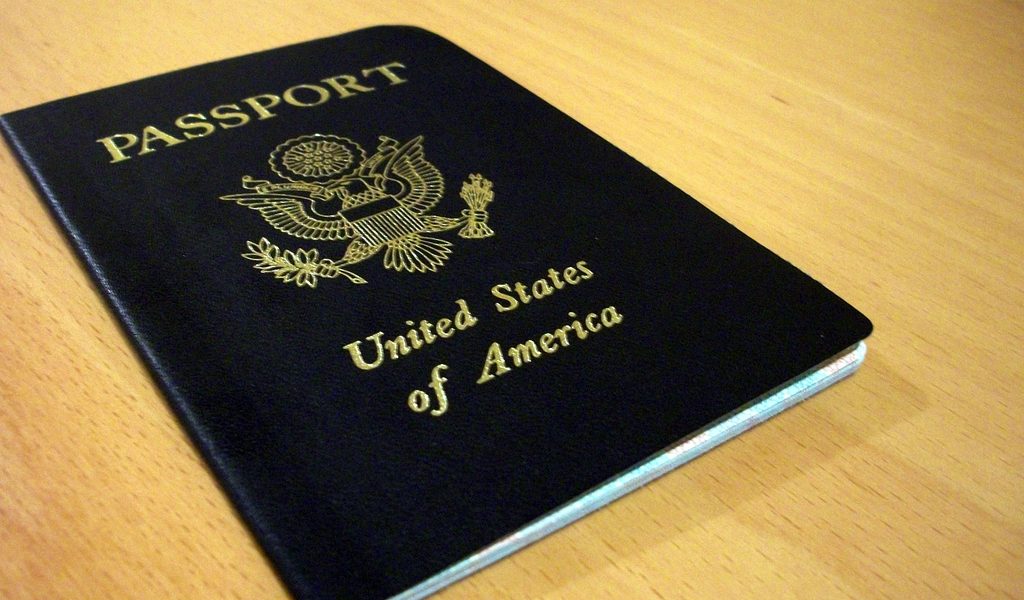They are regularly described as “Golden Visas,” a take on the popular Roald Dahl tale of the lucky finders of the golden ticket granting entry to Charlie Bucket’s chocolate factory. Like the children’s book and subsequent films, there is the potential for a dark side to materialize out of the numerous Citizenship for Investment Programs (CIPs) operating around the globe.
In their purest form, CIPs make eminent sense to both the country furnishing the offer and those affluent enough to vest themselves of the opportunity. The country receives a significant investment in the local economy, and the “investor” effectively buys themselves a new passport and citizenship. The state’s take on the deal is obvious. Less clear is why somebody would want to buy their way to a new passport.
Those among you who practice in the anti-fraud or AML fields will immediately identify any number of clandestine reasons for a foreign national to seek out a Golden Visa. You are suspicious by nature (that comes with the territory). But primarily you are professionals whose experience and expertise demands you always examine the bigger picture. So what could go wrong?
At the moment my main concern is the “marriage made in heaven” —where a poor country “marries” a rich benefactor, or where a corrupt politician engages with the corrupt businessman. It only becomes a marriage made in hell when the rest of us are faced with picking up the pieces.
My concern is that such marriages are effectively unregulated and thereby open to abuse. The resultant symbiotic relationship sees both parties living off each other. It is this interdependent bond that makes the arrangement so attractive to those seeking it.
But it’s wrong to presume that those offering CIPs are smaller, developing states. The Golden Visa arrangement operates in many forms and includes the G7 countries at the top of the world’s rich list. As I have explained, there is nothing inherently objectionable about the strategy of selling passports for capital. However, in a competitive world, sometimes smaller nations, in their zeal to attract capital in exchange for the “sale” of a local passport, are prone to greater risks of public and private corruption. However, this does not preclude the G7 type nations. Corruption has the ability to reach far and wide. No nation is safe from the challenges of preventing it.
The sudden injection of significant sums of foreign capital in a small place through the introduction of a CIPs scheme can be considerably advantageous. The world economy could do with a jump start, let alone a small country seeking to develop itself. The problem is that this sudden injection of cash can also result in corruption flourishing.
For example in the (a) building trades, (b) the development of real estate, (c) there is a cottage industry of consultants which inevitably springs up to peddle passports by offering their services to facilitate their procurement, and (d) the organs of the state tasked to administer the schemes.
These schemes come with many substantial incentives to lower the barrier to entry to all comers with foreign money, regardless of the potentially huge reputational risks that they may bring.
In July last year, The Guardian newspaper in the UK ran an excellent article that blew apart the mystery surrounding the Golden Visa schemes. In particular it drew attention to the UK’s version of the CIP. It highlighted the fact that some 3,000 wealthy individuals had effectively bought their way to acquiring a British passport, all apparently without Home Office scrutiny.
To put this into context, there are blue chip passports out there which are worth their weight in gold to those whose passports would usually red-flag them as being a potential risk. Whether we like it or not, citizens of the big nations such as the USA, Canada, UK, France and Germany all enjoy a warmer reception than those from some less salubrious locations. Therefore the advantages of a passport sale to the individuals from these more obscure states are immediately obvious.
The Guardian highlighted a case involving a Kazakh billionaire, whose London home had been seized as part of a multi-billion-dollar global fraud. The victim of the scam was a Kazakh bank, whose legal battle with its former chairman has spanned eight years. The matter has drawn attention to the UK’s CIP arrangement, with many Brits previously ignorant of the scheme’s existence.
Being based in the Caribbean, I was already aware that the Federation of St. Kitts & Nevis had established one of the earliest CIP schemes. It has worked out extremely well, albeit there have been some reputationally-risky buyers of passports linked to the islands, which have taken on a small number of problem people as citizens.
Ultimately, the CIPs schemes are what they are, offering new passports to those who can afford them. My issue is simply that they remain open to abuse. I would caution any state that has a “sale of passport for investment” strategy, or that intends to introduce one, to establish a credible budget for an independent quasi-judicial administrative tribunal to vet and approve or reject all applications for citizenship in exchange for money.
If states fail to do so, then this should be seen as a failure to police criminality and thereby prevent money laundering. In these instances, the states concerned should be sanctioned — but only if the same rationale and restrictions are applied globally and fairly. In too many instances, small and defenseless countries are singled out by hypocritical developed nations who continue to say: “Practice what I preach, not what I do.”
___
Martin Kenney is Managing Partner of Martin Kenney & Co., Solicitors, a specialist investigative and asset recovery practice based in the BVI and focused on multi-jurisdictional fraud and grand corruption cases www.martinkenney.com |@MKSolicitors. He was selected as one of the Top 40 Thought Leaders of the Legal Profession in 2017 by Who’s Who Legal International and as the number one offshore lawyer for asset recovery.

